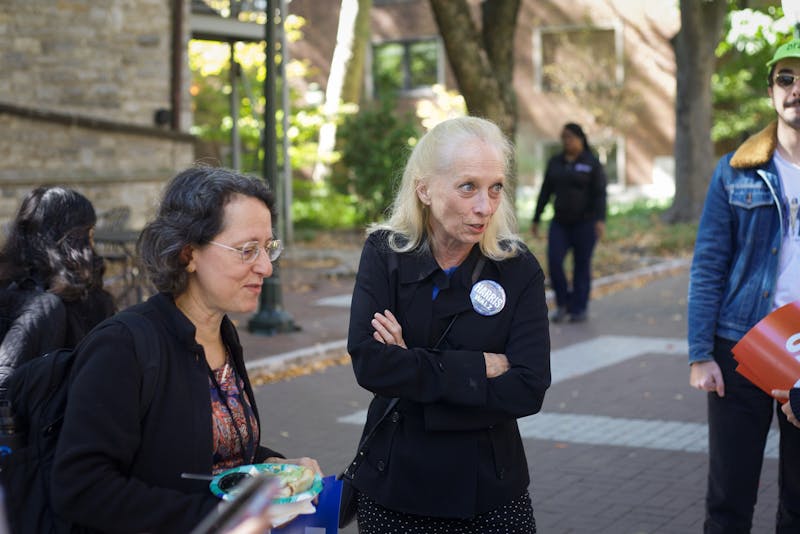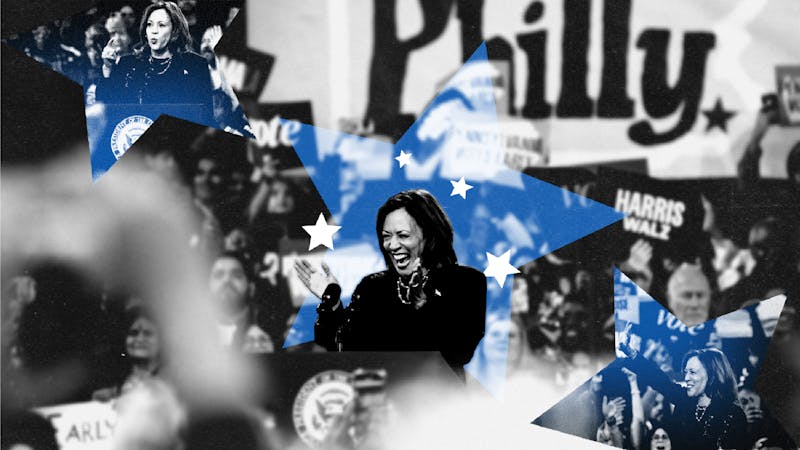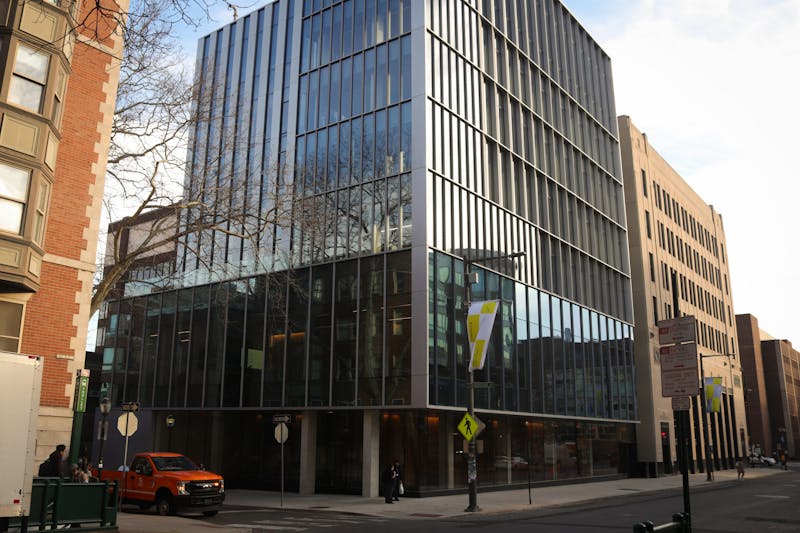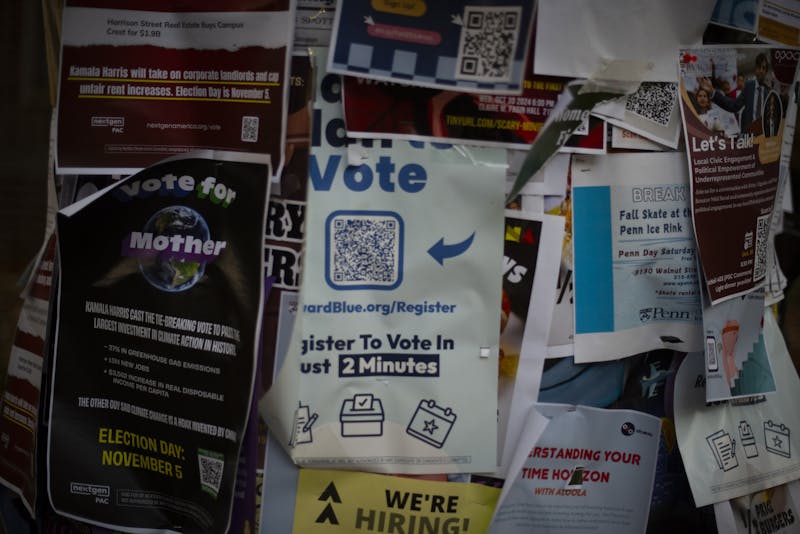
The Daily Pennsylvanian spoke with representatives from several campus cultural groups ahead of the Nov. 5 election to understand the issues that are most important to them as they head to the polls.
The DP spoke with representatives from Quechua at Penn, Natives at Penn, the Black Pre-Law Association, Lambda Alliance, and the Asian Pacific Student Coalition. Issues they highlighted as important include environmental stewardship, immigration policy, and reproductive justice.
College senior and Quechua at Penn President Valeria Andrango told the DP that environmental legislation and Indigenous communities’ role in these policies are important considerations for this election. She specifically highlighted environmental stewardship efforts and the potential impact of policy changes on these efforts, raising concerns about the lack of “intentional inclusion” of Indigenous voices in the legislation drafting process.
“[Including Indigenous voices is] something that I really hope is taken into consideration with whoever is elected into office because it's definitely lacking as it currently stands,” Andrango told the DP.
College senior and former DP staffer Mollie Benn, who is a member of Natives at Penn and the Choctaw Nation of Oklahoma, agreed that environmental issues are of note in this election. She said her ideal platform would be one that was based on “divesting from oil and increasing engagement with more sustainable forms of energy but also being mindful of land usage.”
Benn also noted an “absence” of environmental discourse as a whole in the current election cycle.
“I think it is a pretty contentious election, and so I think I understand why I haven’t been seeing [environmental policies] more, but I do notice that there hasn’t been as much attention paid to it,” she said.
Benn also reflected on the 100-year anniversary of Indigenous people gaining voting rights and emphasized the importance of protecting that right for those who may be dissuaded or barred from voting.
“[There are] certain policies that are being pushed on either state levels, or even some federal levels, [that] restrict certain people from voting — especially minority groups and people living in rural areas,” she said.
Andrango also touched on the importance of immigration policy for a group like the Quechua, stressing the need for legislation and political sentiment that supports Indigenous languages and addresses the needs of undocumented community members. She called for accountability and urgency in providing legal support for immigrants and addressing the problem of missing Indigenous women.
The Black Pre-Law Association at Penn is also focusing on immigration-related policies in the upcoming election, as well as policies that address racial and ethnic inequality, according to College junior Olivia Reynolds.
“[These issues] have firsthand personal impacts on our members, and we want to kind of make sure that the U.S. is sending a message that it’s supporting its key minorities in those demographics,” she told the DP.
Though BPLA is nonpartisan, Reynolds stressed the importance of civic engagement within the organization. The group hosts an ongoing event with Comegys Elementary School to teach students about the Bill of Rights and democracy.
“We want to use our position at the unique intersection of being both a professional development group and a cultural affinity group to really emphasize a lot of these core issues that are at stake on the ballot this election, in terms of racial inequality and the like,” she said.
Lambda Alliance, the umbrella organization for LGBTQ+ student groups on campus, is focusing on the importance of anti-discrimination platforms and policies, “especially as [their] community continues to face legal challenges to equal rights in healthcare, education, and the workplace,” College junior and Lambda board member Alex Li wrote in a statement to the DP.
According to Li, Lambda also values the importance of the availability of healthcare and mental health resources, which he described as “essential” for the holistic health and wellness of the community. He also touched on the importance of open and available LGBTQ+ inclusive curricula and books.
“We’re concerned about the impact of policies that may restrict open conversations about LGBTQ+ identities in schools and colleges, as these restrictions not only affect current students but also limit understanding and empathy across communities,” Li wrote.
The Asian Pacific Student Coalition focused on the importance of the impact of the war in Gaza on both their constituents and other groups with whom they collaborate. College junior and APSC Vice Chair of Political Affairs Xue Jiang emphasized the importance of electing a candidate who would end the war.
College senior and APSC chair Taryn Flaherty noted the importance of reproductive justice as an election issue. Flaherty said that though Pennsylvania is “safe” given Pennsylvania Gov. Josh Shapiro’s public commitment to maintaining access to reproductive care, it is important to consider those in states with more restrictive policies when deciding for whom to vote.
Flaherty also highlighted APSC’s support of affirmative action in response to the Supreme Court’s ruling against the use of race in college admissions, which overturned decades of affirmative action in higher education.
“[APSC has] discussed how much of a disgrace it is for Asian American communities to be used and [pitted against] Black and brown communities,” Flaherty said.
The Daily Pennsylvanian is an independent, student-run newspaper. Please consider making a donation to support the coverage that shapes the University. Your generosity ensures a future of strong journalism at Penn.
Donate











